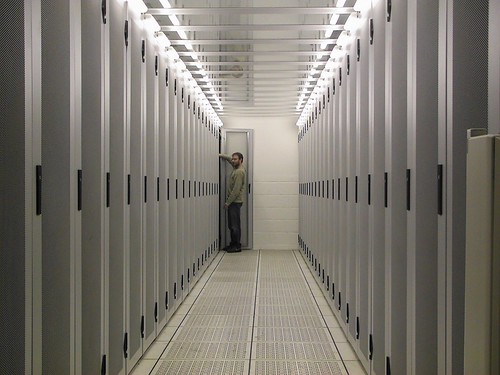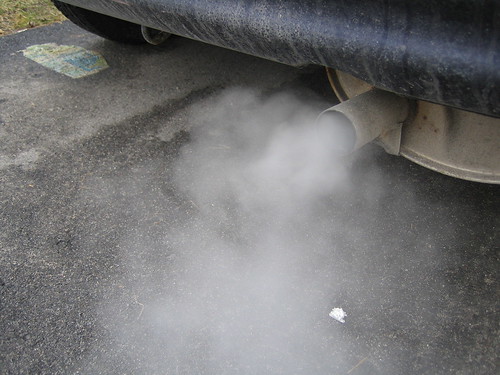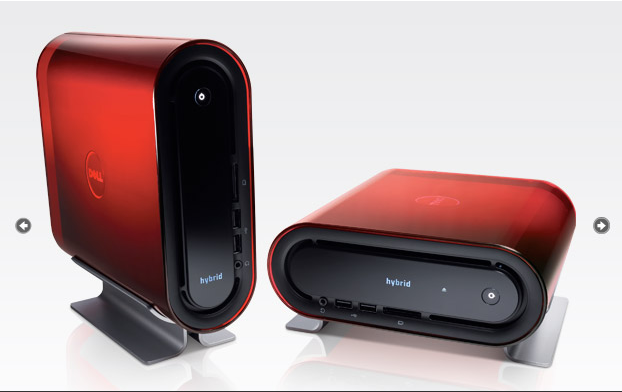
Photo credit Jerry Sweeney
I received an email over the holidays from someone who was building a data center and who wanted some advice on how to make it Greener. I replied with a few suggestions from my experience building the hyper energy-efficient data center at CIX and then thought why not flesh out my response to a blog post for GreenMonk so here you go…
One of the low hanging fruit in our DC design was going for cold aisle containment. This simply involves sealing the cold aisle (roof, doors and blanking panels – see photo above) – this stops air mixing and avoids the warm air from the servers heating the cold air you have just spent a fortune cooling.
Utilise free cooling as much as possible. With cold aisle containment, if you have cool ambient temps (10.5C/50.9F yearly avg in Cork) your room, if it has lots of airspace and is uninsulated, will do a lot of your cooling for you.
Source chillers which can also take advantage of free cooling. Place chillers outside your building if you are in a cool climate with as much pipework as possible also outside so that your ambient temperature again cools your water as much as possible.
Many chillers now come with multiple compressors that come on one at a time and then, only when needed. Chiller compressors use a lot of energy so minimising their use saves on costs and CO2 emissions.
See if you can get a dynamic feedback mechanism from your air handling units to constantly maximise the temp of the water coming from your chillers. Maximising your chiller output temp, as well as reducing chiller energy usage, also reduces condensation in your data center. The problem with condensation is that it requires re-humidification of the air. Humidifying air requires boiling water to make steam, which needs energy for heat, which requires even more energy to cool! So maximising your chiller output temp is a nice win, win.
Source super efficient UPS’ – we used GE Super Eco UPS’ – these UPS’ operate at up to 98.4% efficiency. That is a massive improvement over traditional UPS’ which were typically only around 75% efficient.
Go 2n on your diesel generators so that when electricity is expensive, you can not only come off grid (and poss sell your lack of use to the utility) but also start your 2nd generator and thus sell electricity to the grid (at a time when it is expensive – win, win). If you can run your generators on bio-diesel, even better.
Try to use the heat generated by the servers to heat your offices, your water, etc. using heat exchangers. Think of it as using your office as part of your cooling system!
Have high unobstructed raised floors and high ceilings so your air handling units don’t have to work hard to move the air around.
And maximise the temperature in your data center! Typical data centers operate at 19-21C (66.2-69.8F) but in conversations I have had in recent months with HP, Sun, Dell and IBM all have said their equipment will operate no problem in data centers at temperatures of 25C (77F) – reducing your data center’s cooling requirement by a couple of degrees would yield enormous savings but bear in mind too that it does reduce your resolution window if there is a failure in your cooling system.





